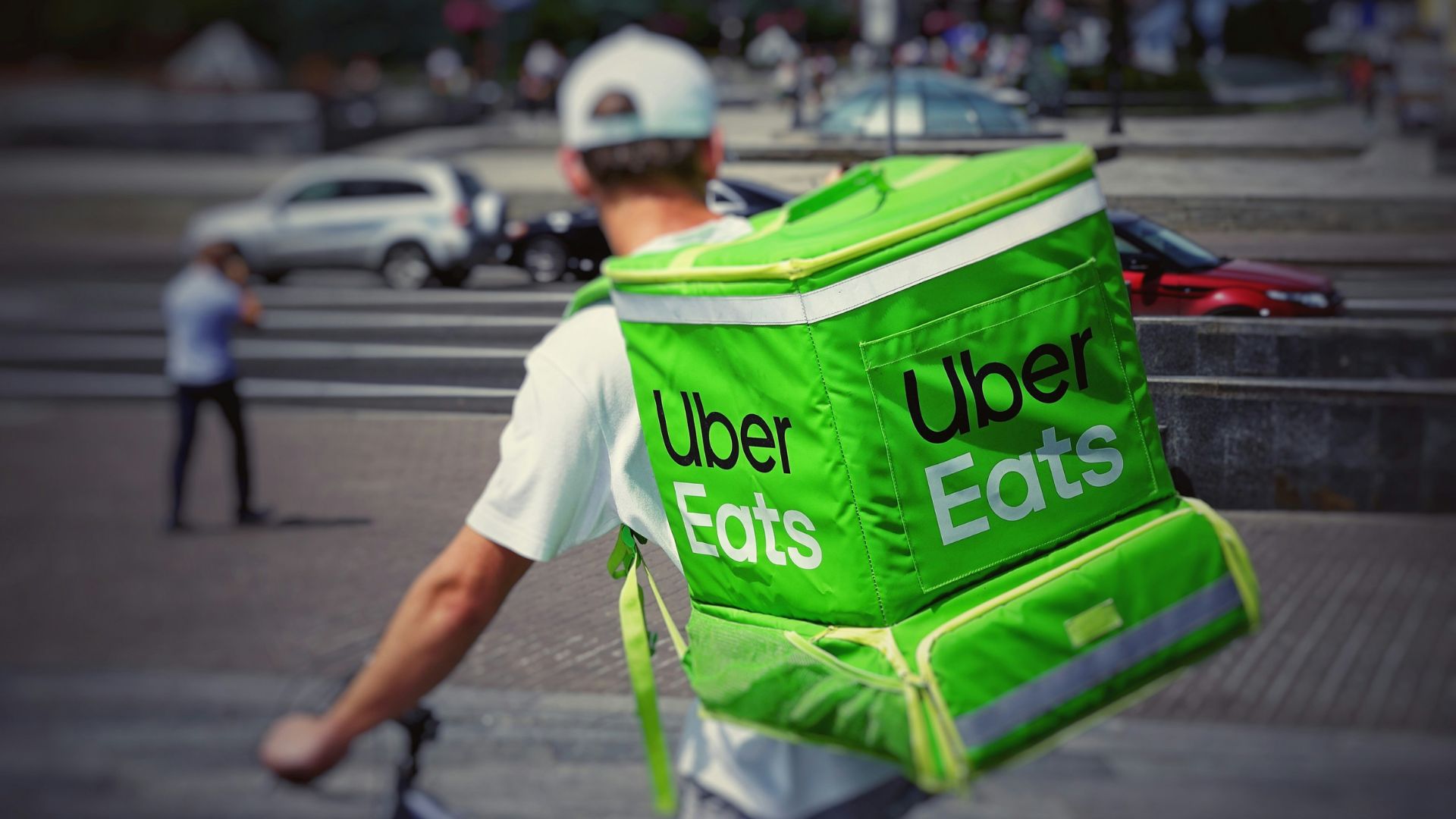Seattle’s new $26 minimum wage law — which affects app-based workers, such as Uber delivery drivers — has continued to stir up massive controversy now that the legislation has officially gone into effect.
While supporters of this law have explained that it has helped many gig workers, critics have countered that it’s hurting local businesses.
Seattle’s New $26 Minimum Wage Law

Earlier this year, Seattle’s new $26.40 per hour minimum wage law for app-based workers officially went into effect.
This legislation, which is a part of the city’s “PayUp” initiative, was designed to help ensure gig workers, such as Uber drivers, were receiving high enough wages.
A Controversial Law

The law has been considered controversial since its inception. However, now that it is fully in effect and has been for a few months, the legislation has become even more controversial.
Major critics have come out to state that the law is harming Seattle. One of these critics includes Uber CEO Dara Khosrowshahi.
What the Critics Are Saying

Those who are against this new minimum wage law in Seattle have claimed that the law hurts both workers and the entire economy in the city.
Many local businesses that use apps such as DoorDash and Uber Eats have also struggled to deal with the higher costs that have come with these higher minimum wages.
How Workers Are Being Harmed

Critics have stated that many gig workers who now receive at least $26.40 an hour are actually doing less work and making less money than they were before the law was passed.
Detractors explained that this is because the volume of orders placed on apps like DoorDash has dropped incredibly. As a result, there are fewer delivery opportunities for workers, which leads to them making less.
Local Businesses Struggle Under New Law

Furthermore, these critics have stated that many local businesses have lost potentially millions of dollars in revenue, as there are fewer takeout orders placed on DoorDash or Uber Eats at their establishments.
The fewer orders there are, the less money these local businesses can bring in.
Why There Are Fewer Delivery Orders

There are likely a variety of reasons why there are now fewer delivery orders placed in Seattle on Uber Eats and DoorDash. However, analysts have explained that these app companies have struggled to absorb the higher labor costs.
As a result, they’ve seemingly had to raise prices, costs, and fees — and this increased cost has led to fewer people wanting to pay for delivery.
Supporters Applaud the Law

While many business leaders have stated that this law has greatly harmed Seattle, there are many supporters of the increased minimum wage.
Many gig workers have come out to applaud the legislation, as they’ve been able to see a huge increase in their incomes. Some have even claimed that their income has almost doubled because of this new law.
A Better Life for Gig Workers

Because these gig workers are making more money per hour, they’ve also claimed that they have a much better work-life balance.
As they make more money, these workers do not have to work as long hours as they used to. Therefore, they enjoy this new law very much.
Some Workers Have Struggled

However, some workers have come out to explain that they’ve struggled as a result of this new minimum wage law, as they rely on high delivery volumes.
Without a lot of work to go around, a lot of people cannot benefit from this increased minimum wage. Therefore, the law remains controversial even among gig workers.
Companies Look for Change

Many companies, such as DoorDash and Uber, have increasingly been pushing for change in Seattle now that this law has gone into effect.
These app-based companies want a complete rollback of the law, as they have stated it’s hurting their business, as well as many other local businesses in the area.
An Uncertain Future

The law’s future remains uncertain, especially as powerful companies like Uber try to get it overturned.
Many labor advocates have pushed for this law to stay. In the near future, Seattle’s City Council may have to decide whether the minimum wage law stays — or goes.
